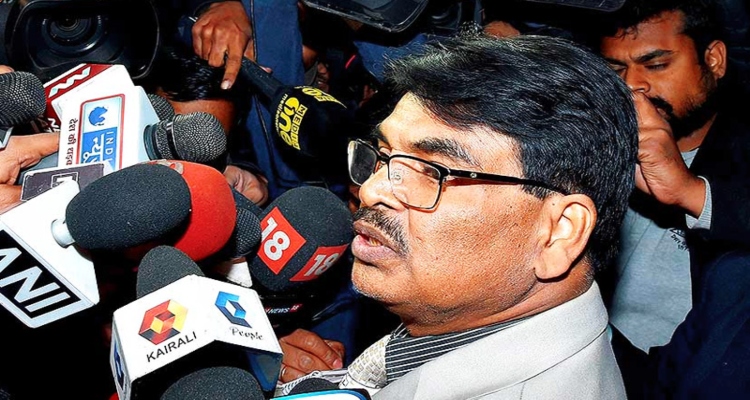
The Delhi High Court has dismissed a petition aimed at disqualifying Manan Kumar Mishra, Chairman of the Bar Council of India, from the Rajya Sabha.
In addition to rejecting the petition, the court imposed a cost of ₹25,000 on the petitioner.
Amit Kumar Diwakar, a practicing advocate, filed the petition arguing that Mishra, in his role as BCI Chairman—a statutory body established under the Advocates Act of 1961—holds significant administrative and quasi-judicial responsibilities. Diwakar claimed that these duties preclude him from serving concurrently as a member of the Rajya Sabha.
Justice Sanjeev Narula, leading the bench, stated on Monday that the petitioner had circumvented the proper legal mechanisms for challenging elections, as laid out in the Representation of the People Act.
The court noted, “The constitutional and statutory framework stipulates that challenges to elections must be made in the prescribed manner under the Act, and the courts cannot allow writ petitions to serve as an alternative route to circumvent this established procedure.”
The court further elaborated, stating, “Therefore, the petitioner’s decision to invoke this court’s writ jurisdiction without filing an election petition amounts to a misapplication of legal principles. The claim, disguised as a writ petition, is fundamentally an attempt to challenge the election of Manan Kumar Mishra, which cannot be examined in the present proceedings.”
Moreover, the court highlighted that only individuals who meet specific criteria can maintain an election petition.
The court concluded, “In light of the aforesaid principles, it is evident that the petitioner, being neither an elector nor a candidate in the election in question, lacks the necessary locus standi to initiate an election petition.”
This ruling underscores the importance of adhering to established legal processes when contesting election outcomes. The court’s firm stance serves as a reminder that challenges must follow the appropriate legal channels, emphasizing the integrity of the electoral process in India.




